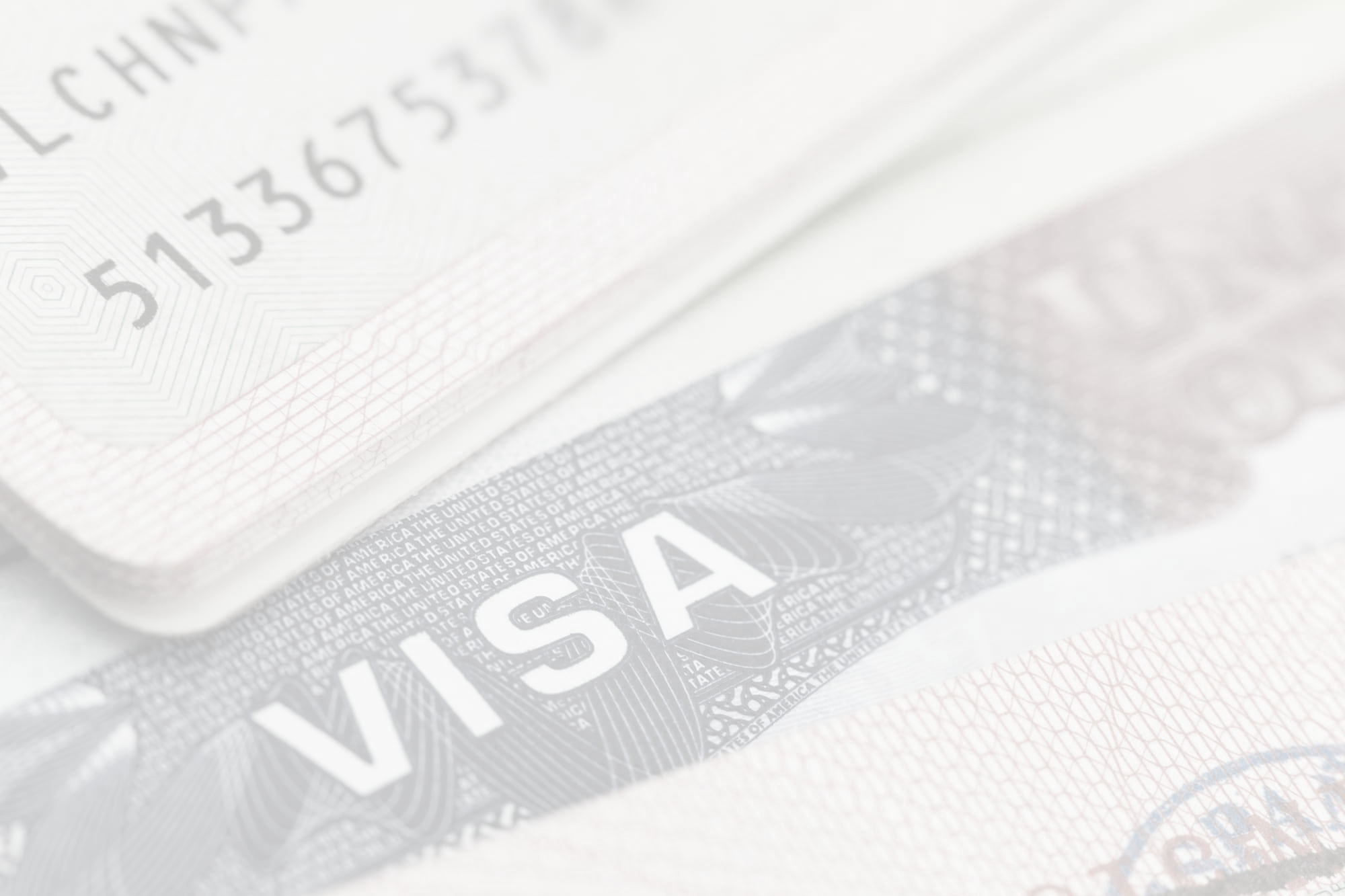What Every Immigrant Needs to Know
For many immigrants, the U.S. immigration system is already complicated and stressful — but a criminal charge can make things much worse. Even something that seems minor to you, like shoplifting, a bar fight, or a joint, can have serious and lasting consequences for your ability to stay in the United States. Driving while/under intoxication is never minor or small. Please don’t. If you are in the unfortunate situation of facing criminal charges, a Arlington, VA deportation defense lawyer can give you legal guidance on what to do next.
Whether you’re a lawful permanent resident, have TPS or DACA, or no status at all, it’s important to understand how even a single mistake can put your future at risk. You are not a U.S. citizen, and while nothing will happen to a U.S. citizen for a small amount of marijuana, you can face deportation for a class 1 substance conviction (yes, marijuana is still illegal on the federal level).
Types Of Crimes That Cause Problems
Here are the kinds of offenses that most often trigger immigration consequences:
- Crimes involving moral turpitude (CIMTs): This includes theft, fraud, assault with intent to harm, domestic violence, and child pornography. Even a single CIMT can make you deportable or inadmissible.
- Aggravated felonies: Under immigration law, this category includes not just violent felonies, but also some theft, fraud, and drug offenses — even if your state classifies them as misdemeanors. If you have been accused of grand larceny, it is important to know your rights.
- Controlled substances: Any drug conviction, even simple marijuana possession, can result in removal.
- Domestic violence and protective order violations: Under INA § 237(a)(2)(E), convictions for domestic violence, child abuse, child neglect, or violating a protection order can make you deportable.
- Firearms offenses: Possessing or carrying an unregistered or illegal firearm can also make you removable.
If you have been charged with any of the above crimes or other one
What If The Case Was Dismissed?
A lot of people tell me, “Don’t worry — my case was dismissed.” But in immigration law, not all dismissals are equal.
If your charges were dropped outright — no plea, no admission of guilt, no probation, no classes — then you’re usually in the clear.
But if your case was “dismissed” after you completed probation, attended classes, or fulfilled conditions of a plea, it may still count as a conviction under immigration law.
Why? Because under INA § 101(a)(48)(A), a conviction exists if:
- You plead guilty, no contest, or admitted facts sufficient for guilt, and
- You received any punishment, penalty, or restraint — like probation, fines, or mandatory programs.
So even if the record says “dismissed,” if you admitted guilt and served conditions, immigration may still treat it as a conviction.
A Special Warning For Virginia Cases
Here in Virginia, one common example of a “dismissal” that is still treated as a conviction for immigration purposes is under Virginia Code § 18.2‑251.
This statute allows for a drug possession charge to be dismissed after completing probation, treatment programs, or community service. But — because it requires an admission of guilt and imposes penalties — it is still a conviction under immigration law, even though the criminal court calls it a dismissal.
So if you hear your lawyer say, “We’ll get it dismissed under 251,” that is a red flag for your immigration case. Or ask your criminal attorney, “Will this be a 251 dismissal?”
If your defense attorney proposes a 251 deal, stop and talk to me — or another immigration lawyer who understands how 251 affects your status — before agreeing to anything.
How To Protect Yourself
- Before pleading guilty, speak to an immigration attorney who understands how criminal charges affect status. Many criminal defense lawyers simply don’t know.
- Specifically ask your defense lawyer: “Is this a 251?” If it is, pause and consult an immigration attorney.
- Keep all your court documents — they are critical to understanding what really happened in your case.
- Be honest with me or your immigration lawyer about the facts of your case — surprises later can hurt your chances.
Are There Any Options After A Conviction?
In some situations, yes. You may still qualify for certain waivers or relief, like Cancellation of Removal. But it’s harder, and it takes careful planning and strong advocacy.
If you’ve been arrested, charged, or convicted — especially if you’re facing a 251 in Virginia — don’t assume it’s no big deal. The sooner you address it and get good advice, the better your chances of protecting your future.
Contact the Law Offices of Ricky Malik, PC if you need assistance.


